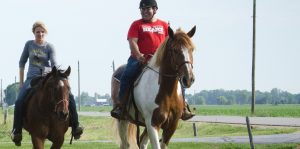
Mustang Saviors does some things well. The experiences of veterans, both in combat and in equine therapy, work and are its strength. Scenes that give the history of wild horses in North America, fossils found in Idaho, the mass disappearance of horses, and their later reintroduction by European explorers of the Americas, are informative. Also, the sections covering the adaptability of equine therapy to different populations — at-risk youth, inmates, etc. — give a broader focus to what may have at first seemed like too narrow a subject for a documentary.
However, the overall impression that Mustang Saviors leaves on the viewer is that it is nothing more than a publicity piece for the Bravehearts program. Mentions of the long history of equine therapy and the long evolution of horsemanship give the viewer an expectation that these topics will be dealt with, when in fact, they are no more than quick transitions. The film runs out of steam in the last 40 minutes, so slightly over halfway in. One wishes that it would have sacrificed quantity in terms of length in favor of quality of information.
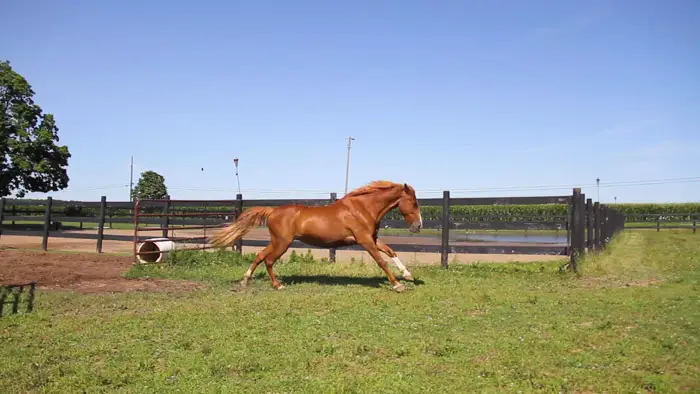
“…experiences narrated by veterans are harrowing.”
One should not minimize the importance of the Bravehearts program. It acts as a safety net for veterans, which is often missing when they return to civilian life. The experiences narrated by veterans are harrowing. One veteran, Mitchell Hedlund, was concussed by a rocket-propelled grenade. Upon returning home, a close friend committed suicide. Hedlund was considering suicide. He put off suicide after riding a wild mustang. The animal literally saved his life.
Another veteran, Jennifer McDonald, worked in a prison that housed enemy combatants in Iraq. She suffered verbal abuse by detainees and witnessed prison riots. She was put in a mental ward. At one point, she went down to 89 pounds. The mustangs set her on the path toward recovery and saved her. One wishes Mustang Saviors would have told these stories in a more artful way and end up as less of a plug for Bravehearts.
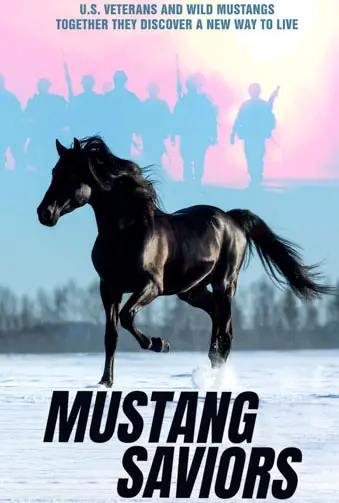
"…we need to do more for those returning home with PTSD..."
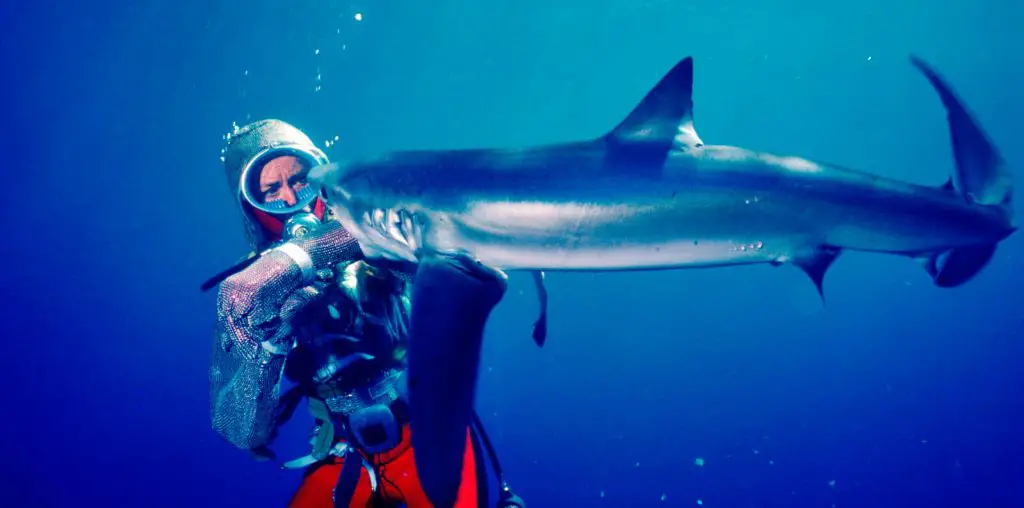
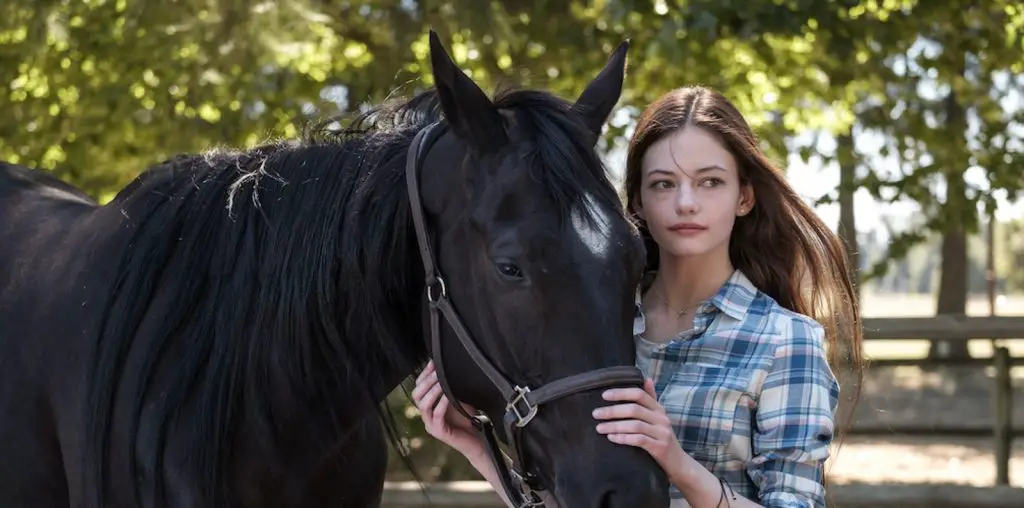
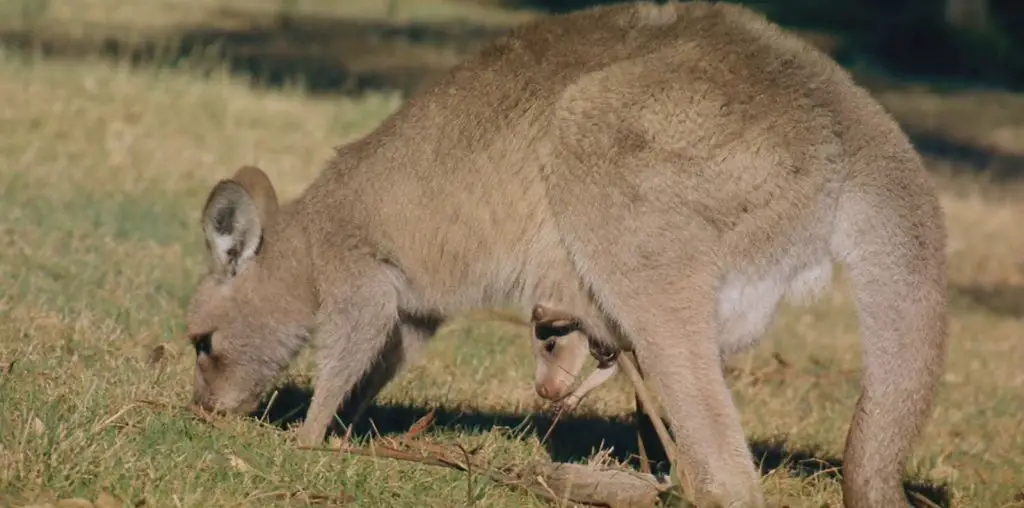
I’m Jennifer McDonald. You could not be more correct